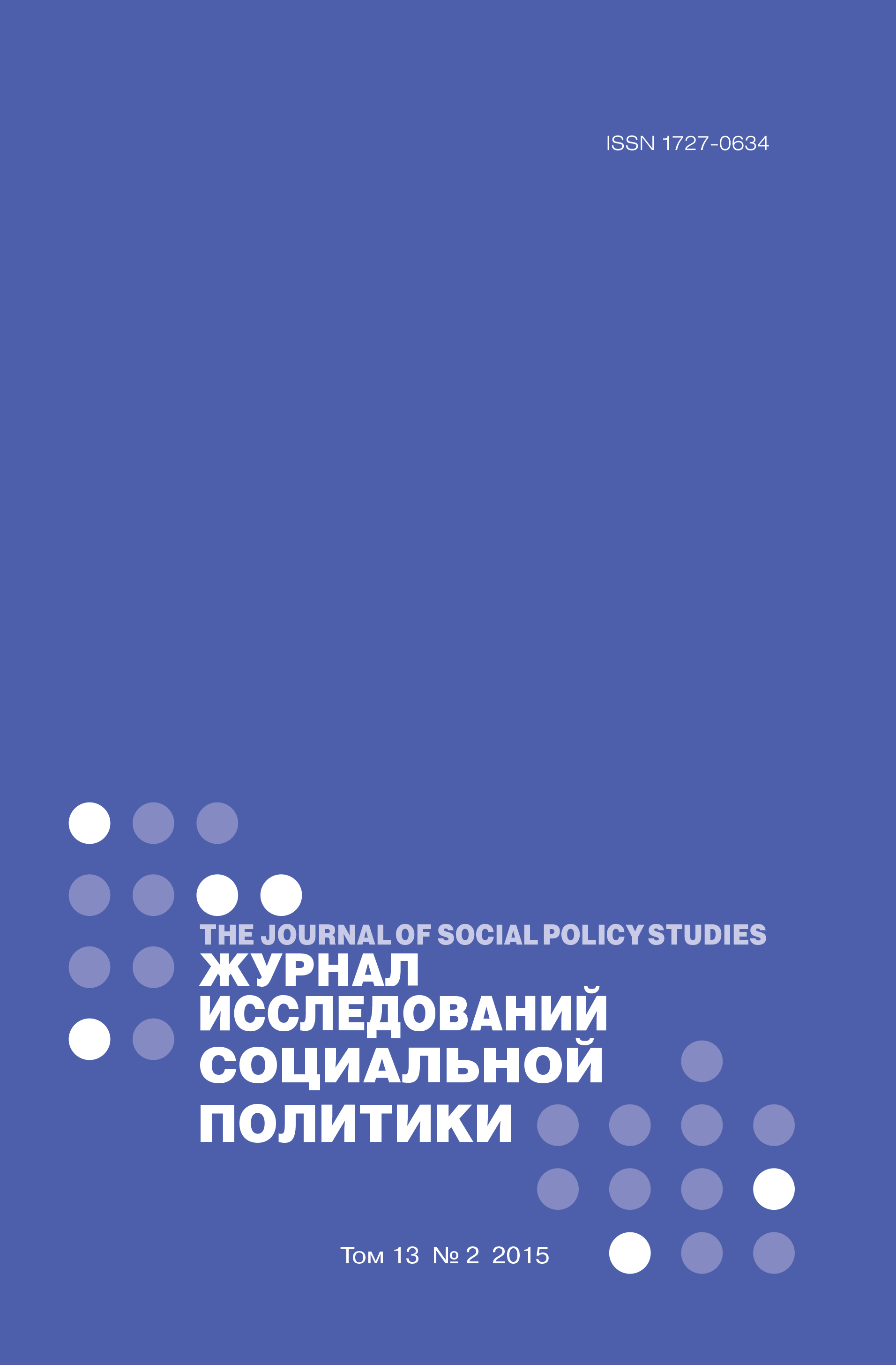Inequality and Social Exclusion in Everyday Social Intercourse: Theoretical Frames and Implications for Social Policy
Keywords:
social policy, social exclusion, human interactions, inequality, microsociology, sociology of emotions, sociology of everyday life
Abstract
This paper focuses on notions of inequality and social exclusion conceptualizedin the contemporary sociology of human interactions. In accordance with Piotr Sztompka’s arguments, we regard recent sociological attention to everyday interactions and practices as a new paradigmatic shift that brings new research perspectives to the analysis of old social phenomena, including inequality and social exclusion. Three contemporary microsociological conceptual principles can betaken as the theoretical foundations for analysis of situational and emotional inequalitiesin the practices of everyday life social intercourse. These are the interaction order theory developed by Anne Rawls, the interaction ritual theory proposed by Randall Collins and the theory of face-to-face behavior elaborated by JonathanTurner. These frameworks are applied to issues of social policy in Russia to analyze social movements’ and social groups’ dynamics, research emotional dimensions of shame, guilt and alienation among low classes, and examine failing interactions between social workers and their counterparts.Downloads
Download data is not yet available.
Published
2015-06-29
How to Cite
РезаевА. В., & ТрегубоваН. Д. (2015). Inequality and Social Exclusion in Everyday Social Intercourse: Theoretical Frames and Implications for Social Policy. The Journal of Social Policy Studies, 13(2), 181-194. Retrieved from https://jsps.hse.ru/article/view/3324
Section
ARTICLES IN RUSSIAN















